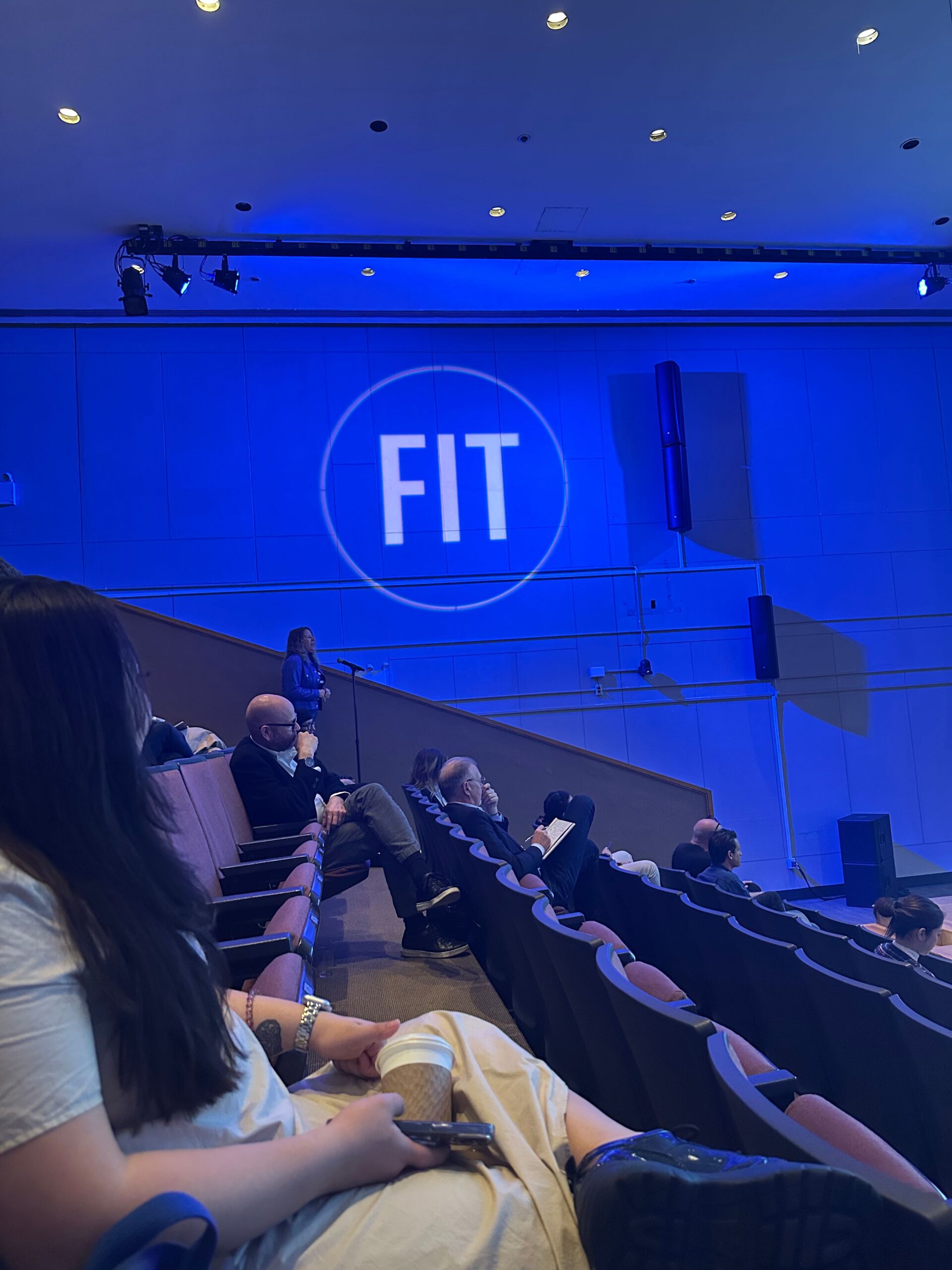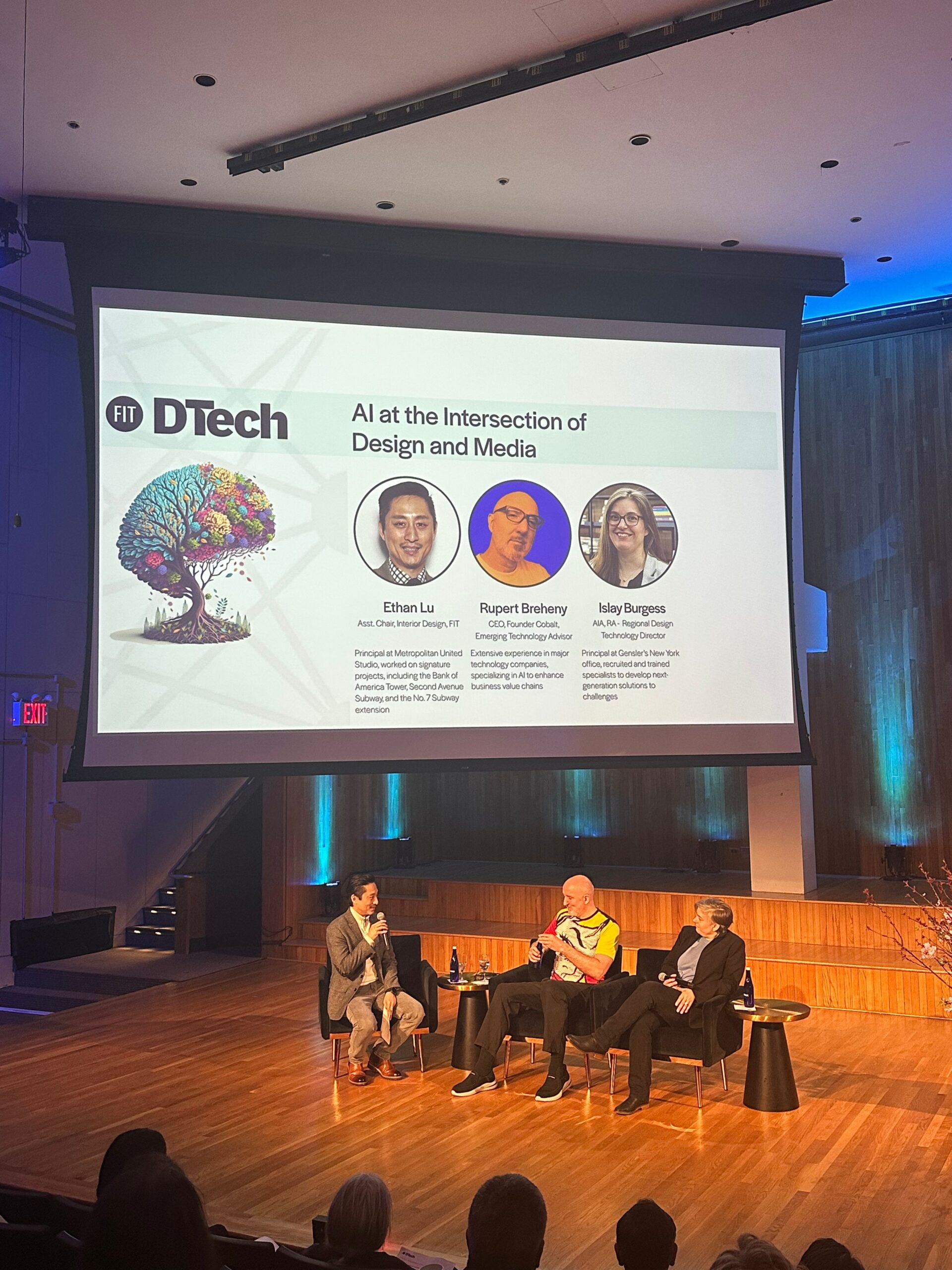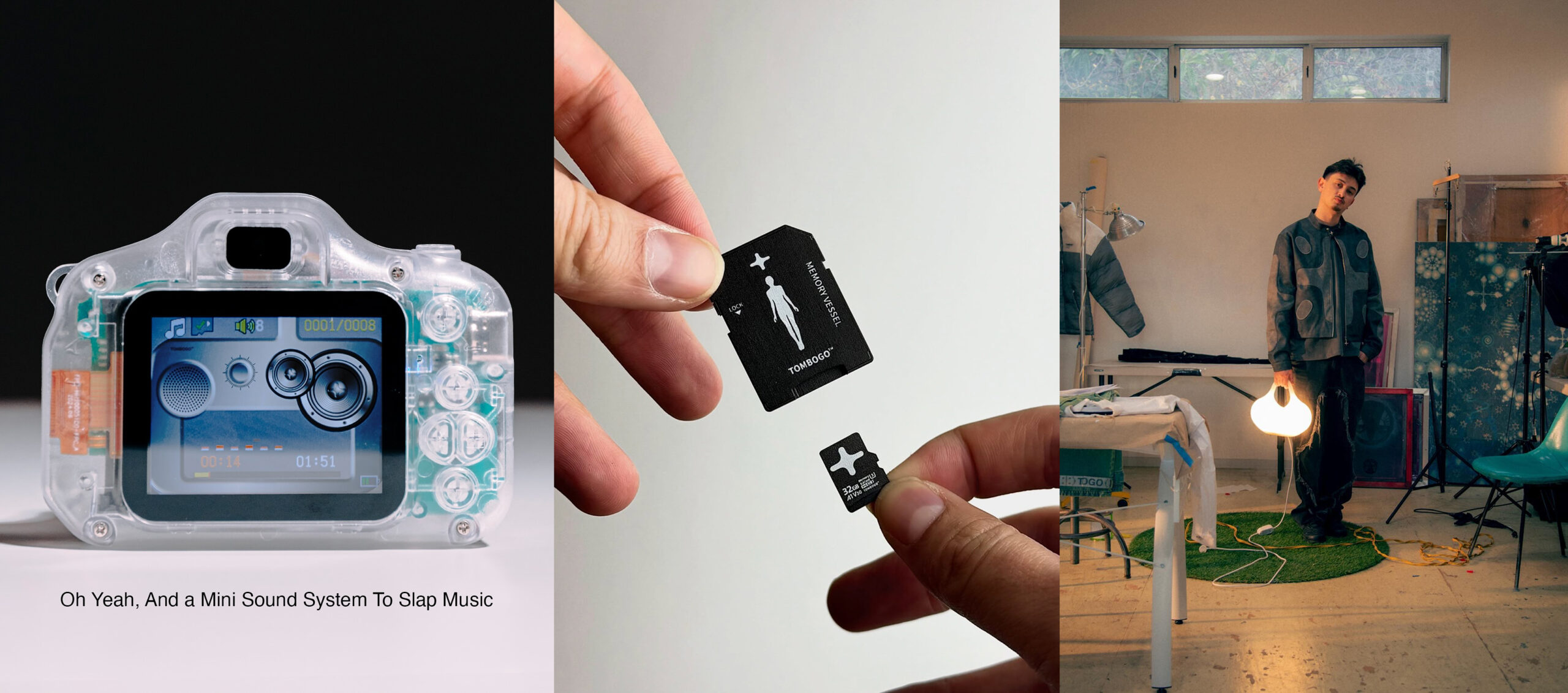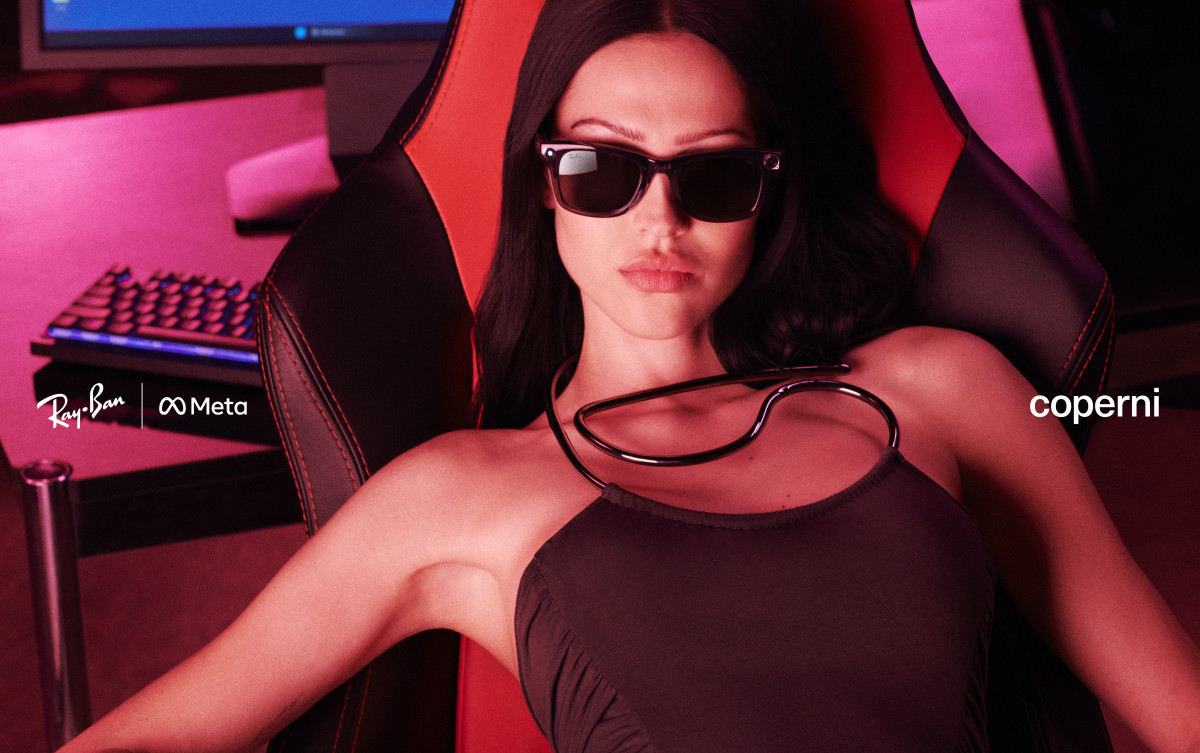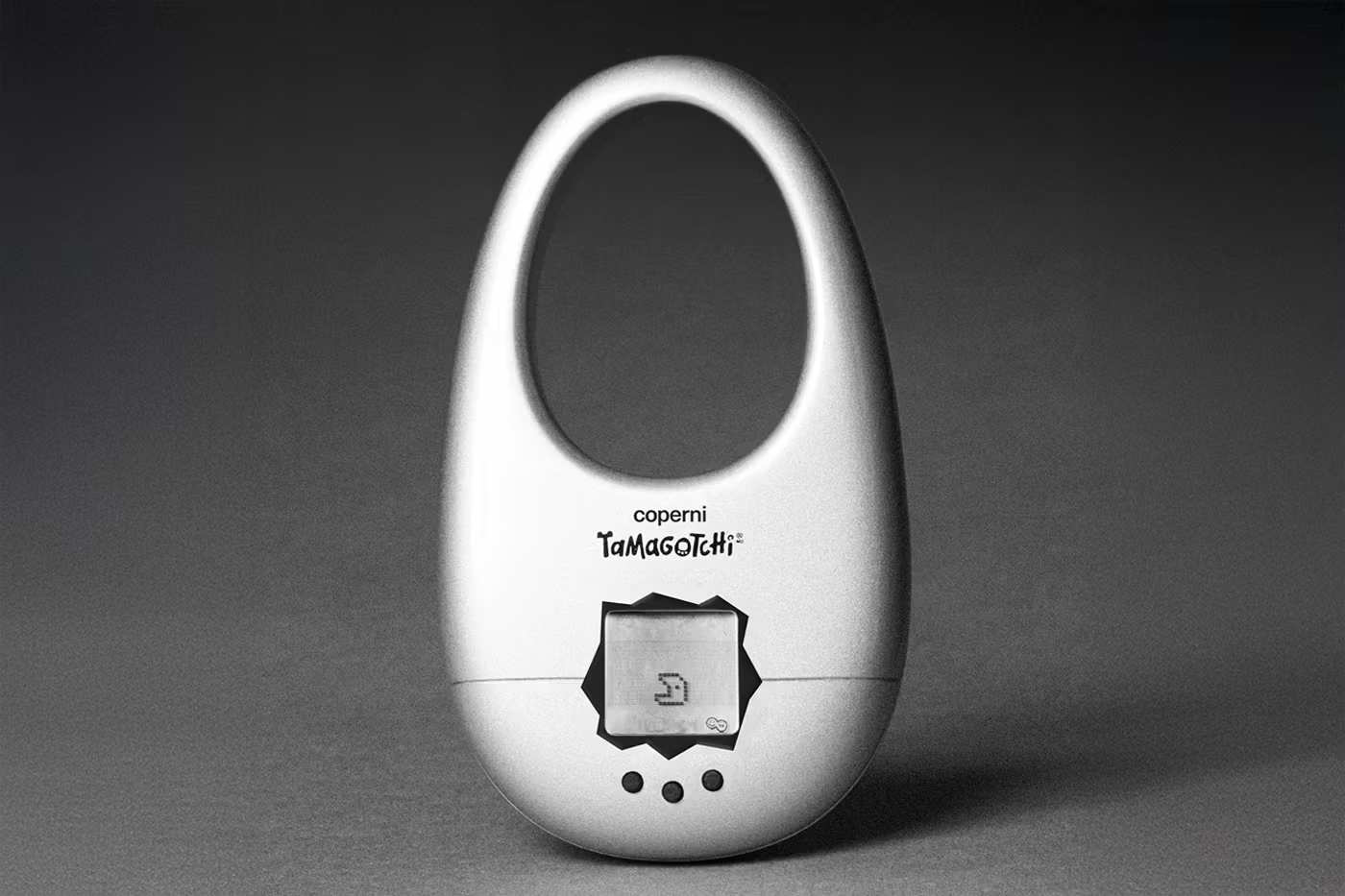This week, the H&M Foundation has launched “The Billion Dollar Collection”, a virtual fashion collection that exhibits the works of ten sustainable fashion innovation startups that could change the industry. The selected will have the chance to feature a price tag that they believe will help them build and maintain their innovative process.
The non-profit foundation has been supporting fashion startups since 2015 through their Global Change Award. The event reportedly has over 20,000 entries since it first started, and the number continues to rise. With the new virtual “Billion Dollar Collection,” the organization would highlight previous Global Change Award winners and give them the platform to create multi-dimensional values for the fashion industry.
The Global Manager of the H&M Foundation, Diana Amini, highlighted the importance of the event during an interview: “We have worked with innovators for many years now, and their biggest hurdle to realizing their ideas is funding and support to build scalable technology solutions. With this campaign, we want to create awareness of the impact sustainable innovation can achieve if allowed to grow. Together, we can create a shift in the fashion industry where sustainability and innovation are implemented as a default practice. The time is now.”
The Chairman of H&M Group, Karl-Johan Persson, added his comment: “It’s crucial to support sustainable innovation if fashion is going to make the shift to a more sustainable industry. The Billion Dollar Collection highlights this untapped opportunity.”
The designs selected for this collection come from across the globe, encompassing elements of traceability and materials. With SDG in mind, H&M have teamed up with Mackevision, an Accenture company to showcase the designs in a sustainable and innovative way. The entire collection and its model are made of computer-generated imagery. The collection features asymmetrical designs, bold volumes, and an unconventional blend of soft nature colors.
“The Billion Dollar Collection presents a unique opportunity to help the fashion industry reinvent itself through sustainable innovations that can fuel future growth and bring positive change,” said Jill Standish, senior managing director and global retail industry group lead at Accenture. “By adopting our 360-degree value approach for this collection, we are demonstrating how these new innovations can deliver value across multiple dimensions including sustainability — and move past narrowly defined views of value.”
Take a glance of the 10 startups below:
Green Nettle Textile
Using resilient stinging nettles to produce linen-like fabrics,
Green Nettle Textile offers an environmentally friendly alternative to conventional fabrics as well as providing income and livelihood to hundreds of farmers across Kenya.
SeaChange
Through a powerful jet engine that plugs directly into existing production systems, SeaChange wants to eliminate wastewater at its source to improve the environmental footprint of the fashion industry
Fairbrics
By capturing carbon dioxide emissions from industrial fumes, Fairbrics is developing the first synthetic fiber with the potential of having a net positive impact on climate change.
VEGEA
With a vision of transforming the leather goods industry, VEGEA contributes to a sustainable fashion future by making beautiful vegan leather out of leftovers from winemaking.
Dimpora
A biodegradable and mineral-based membrane for outdoor wear, which is both waterproof and breathable, enabling outdoor enthusiasts to enjoy nature without harming it.
Unspun
By stopping the guessing game and instead selling jeans before making them, unspun creates bespoke jeans with a perfect fit based on algorithms from a body scan. This eliminates the need for inventory and reduces waste, while also changing the way fashion is designed and produced.
Reverse
Resources Seeing data and digitalization of waste flows as key to a circular economy, Reverse Resources has created a platform for mapping, steering and tracing textile leftovers to reduce the need for virgin materials.
Adetex.ID
Through a thin RFID thread that can be filled with information and sewn into a garment, and then remains viable throughout the garment’s lifecycle, Adetex.ID opens up for new possibilities within, for example, textile recycling, stock management and second-hand solutions.
MycoTEX
Using a manufacturing method based on biomaterials, MycoTEX creates products that require less water than natural fibers do, and use no farmland or chemicals.
Algaeing
Powered by the game-changing microorganism algae, Algaeing makes biodegradable and renewable thread and dye that has a smaller environmental footprint than most natural fibers and is easy for the industry to adopt. In addition, it creates a new category of products with benefits for the skin.
View the ten chosen innovations’ detailed proposals on The Billion Dollar Collection Website.
